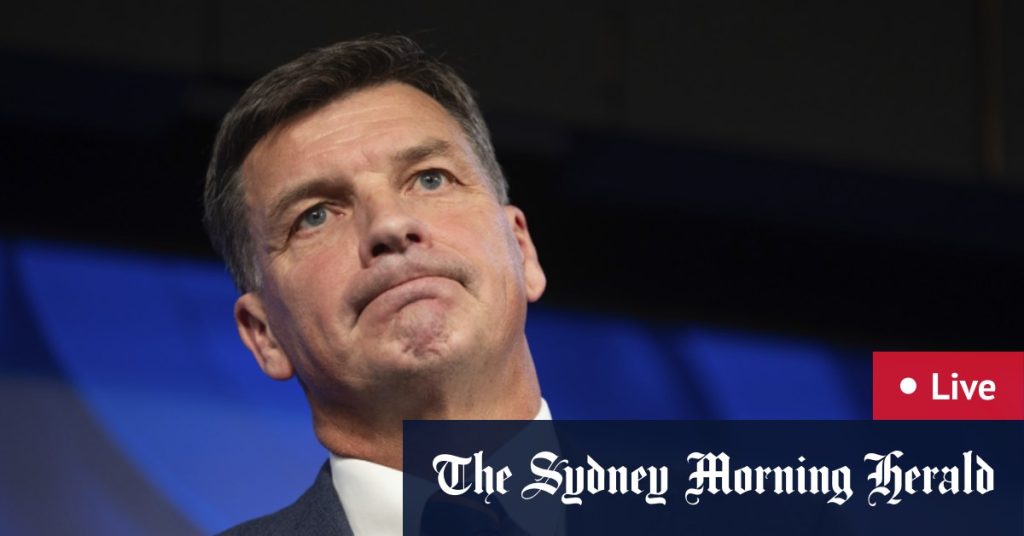Opposition Leader Peter Dutton recently spoke about the Coalition’s nuclear energy plans during an appearance on Nine’s Today program. He addressed estimates from the CSIRO that it would cost $8.5 billion and take over a decade to implement nuclear energy in Australia. Dutton expressed skepticism about relying solely on battery power to provide baseload energy, citing the intermittency of wind and solar power. He pointed to Labor governments in Victoria and NSW extending the life of coal-fired power stations due to concerns about energy reliability, and emphasized the need to modernize and decarbonize the energy system with nuclear power playing a key role.
In response to Dutton’s comments, Labor minister Bill Shorten argued that nuclear energy is not a viable option for Australia due to its high cost and lengthy implementation timeline. Shorten disputed Dutton’s claim that 19 out of 20 countries in the G20 use nuclear power, pointing out that Germany is transitioning away from it, and countries like Indonesia and Saudi Arabia do not rely on nuclear energy. He emphasized the importance of investing in renewables and utilizing gas as a base load transition until renewable energy sources can fully meet energy demand.
Dutton defended the Coalition’s nuclear energy plans by highlighting the benefits of nuclear power in lowering energy prices, citing the example of the Canadian province of Ontario where 60% of energy comes from nuclear sources and power prices are significantly lower than in Australia. He called for a serious approach to developing a new energy system through decarbonization and modernization, with nuclear power as a crucial component. The recent decision by the NSW government to extend the life of the Eraring power station further underscored the need for a comprehensive energy strategy that includes nuclear energy.
The debate between Dutton and Shorten reflects a broader discussion within Australian politics about the future of energy policy and the role of nuclear power in the country’s energy mix. While Dutton argues for the benefits of nuclear power in reducing energy costs and ensuring reliability, Shorten emphasizes the drawbacks of nuclear energy in terms of cost and implementation time. The contrast in their views highlights the complexity of transitioning to a more sustainable energy system while maintaining energy security and affordability.
Ultimately, the decision on whether to pursue nuclear energy in Australia will depend on a range of factors, including cost, feasibility, public opinion, and environmental considerations. Both Dutton and Shorten present valid arguments for their respective positions, and the government will need to carefully weigh these views as it formulates its energy policy. As Australia grapples with the challenges of decarbonization and shifting towards renewable energy sources, the debate over nuclear power is likely to continue as part of the broader energy transition discourse.
In conclusion, the discussion surrounding nuclear energy in Australia reflects the ongoing debate about the country’s energy future and the trade-offs involved in transitioning to a more sustainable and reliable energy system. Dutton and Shorten’s differing perspectives on nuclear energy highlight the complex issues at play, including cost, feasibility, and environmental impact. The decision on whether to pursue nuclear energy will require careful consideration of these factors, as well as ongoing dialogue and engagement with stakeholders to ensure a balanced and informed approach to energy policy in Australia.


